Invited Speakers
TBA
Invited Speakers of IC&C 2025
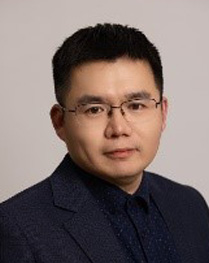 |
 |
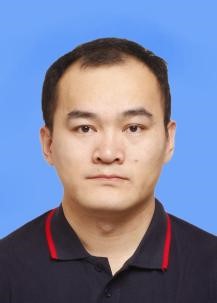 |
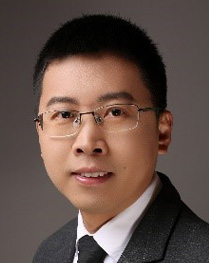 |
Prof. Xiangpeng Xie |
Prof. Kai Ma |
Prof. Yanzheng Zhu |
Prof. Hongjing Liang |
 |
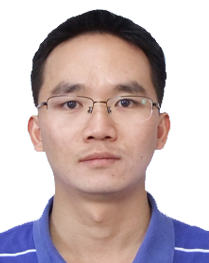 |
 |
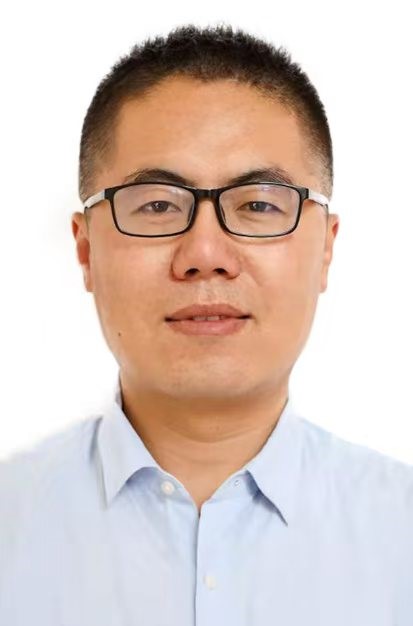 |
Prof. Qiang Chen |
Prof. Keke Huang |
Prof. Yulong Huang |
Prof. Long Jin |
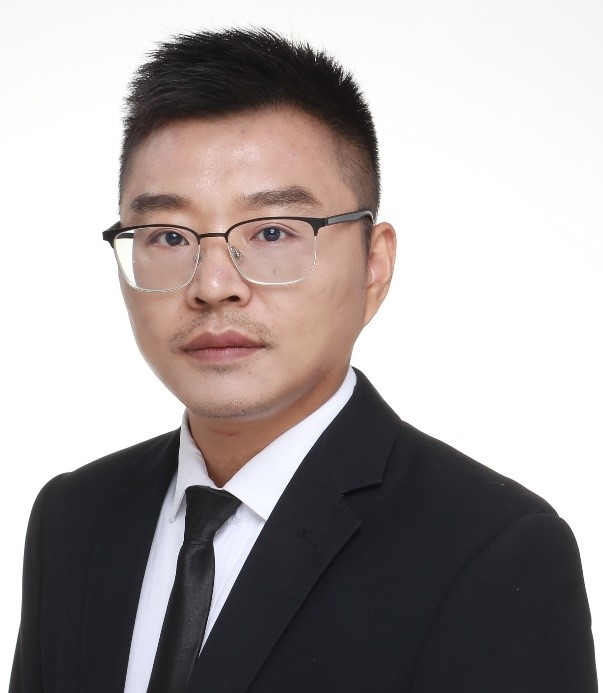 |
 |
||
Assoc. Prof. Hongtian Chen |
Assoc. Prof. Mingming Zhang |
